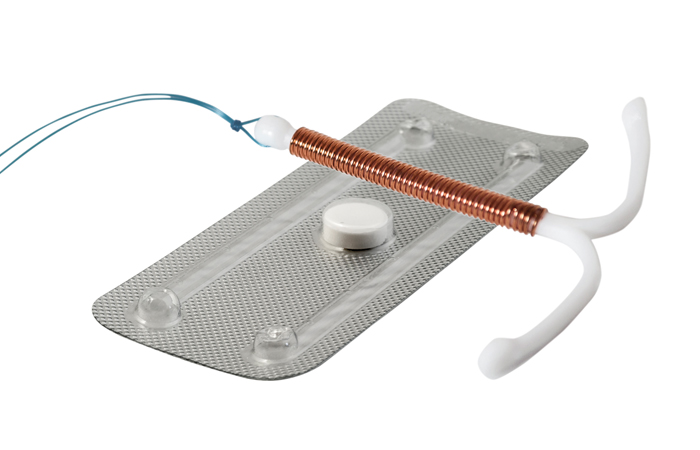Changes to EC guidance: a summary
In News
Follow this topic
Bookmark
Record learning outcomes
The Faculty of Sexual and Reproductive Healthcare (FSRH) has updated its guidance on emergency contraception (EC)
The copper-containing intrauterine device (Cu-IUD) remains the first line method because it is the most effective, is the only method effective after ovulation has taken place, is unaffected by a woman's BMI or medication, and provides immediately effective ongoing contraception.
 If a woman is referred for an IUD, oral EC should be still be provided in case of delay to fitting, the woman changing her mind or if the Cu-IUD is inappropriate or unacceptable.
If a woman is referred for an IUD, oral EC should be still be provided in case of delay to fitting, the woman changing her mind or if the Cu-IUD is inappropriate or unacceptable.
Two oral EC products are available: ulipristal acetate (UPA-EC) and levonorgestrel (LNG-EC). The FSRH favours UPA-EC in many cases because it has been demonstrated to be more effective, and is effective longer after unprotected sexual intercourse (up to 120 hours) as well as in cases where this is likely to have taken place in the five days prior to ovulation.
In addition, UPA-EC does not appear to have reduced effectiveness in women with a BMI in excess of 26kg/m2 or body weight of more than 70kg, where a double dose of LNG-EC would need to be taken.
However, if a woman wants to start hormonal contraception quickly, LNG-EC is a better choice, believes the FSRH. This is because the ability of UPA-EC to delay ovulation is reduced if progestogen is taken in the following 120 hours. The same applies if a woman has recently taken progestogen (e.g. if she needs EC because of missed pills). Furthermore, LNG-EC is preferred if the woman is taking an enzyme-inducer drug, because a double dose can be taken.
The guidance also states that healthcare professionals should provide advice about contraception and sexually transmitted infections.
Key points
- Copper IUDs remain first line for emergency contraception, but in pharmacy, oral ECs should be given to women who have had unprotected sex and don't want to conceive, assuming they fall within the usual criteria
- Ulipristal is the first choice for women who have had unprotected sex in the five days prior to ovulation, more than three days previously, or who are overweight. It can therefore be considered as first-line oral treatment in most cases
- Levonorgestrel is preferred if the woman wants to start hormonal contraception promptly, is at risk of pregnancy because of missed pills, or is on enzyme-inducing medication
- All EC consultations should include the usual counselling with regard to contraception and STIs.
